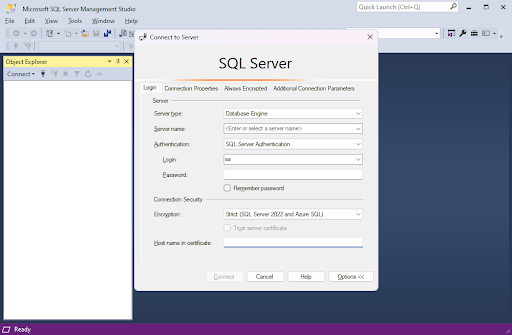The principles are that the open web: In June 2023, the Drupal Association adopted its own Open Web Manifesto, which guides both our non-profit operations and the Drupal open source project. The manifesto is grounded in five core principles and three essential requirements.
The UN Open Source Principles
- Open by default: Making Open Source the standard approach for projects
- Contribute back: Encouraging active participation in the Open Source ecosystem
- Secure by design: Making security a priority in all software projects
- Foster inclusive participation and community building: Enabling and facilitating diverse and inclusive contributions
- Design for reusability: Designing projects to be interoperable across various platforms and ecosystems
- Provide documentation: Providing thorough documentation for end-users, integrators and developers
- RISE (recognize, incentivize, support and empower): Empowering individuals and communities to actively participate
- Sustain and scale: Supporting the development of solutions that meet the evolving needs of the UN system and beyond.
We believe the alignment between the Drupal Association’s Open Web Manifesto and the United Nations’s Open Source Principles is both strong and significant. As open source continues to power digital transformation globally, we look forward to a future where individuals, organizations, and governments invest in our digital public spaces with the same care and commitment as our physical ones.
The United Nations Digital Technology Network has recently adopted a new set of Open Source Principles to promote collaboration and drive open source adoption within the UN and around the world. These principles position open source as the default approach for digital projects, encourage contributions back to the ecosystem, foster inclusion and community building, and much more.
- is built on freedom: No permission is required to learn, build, or innovate. Anyone, anywhere, can contribute to its growth.
- is defined by decentralization: No single person or entity controls the open web.
- thrives on inclusion: Everyone, regardless of background, identity, ability, wealth, or status has a place on the open web as a user, creator, architect, or innovator.
- requires participation: It is a shared resource and a shared responsibility, sustained through collective effort.
- exists for empowerment: It is driven by humanity’s pursuit of knowledge, connection, and progress, and is strengthened by each individual’s right to choice, privacy, and security.
The Drupal Association is proud to endorse these principles. As the non-profit organization that supports the Drupal project, already the standard technology platform for the United Nations’ web presence, we wholeheartedly believe that these principles will advance both digital sovereignty and the long-term sustainability of the open source ecosystem.
- protect — not exploit — personal data and public discourse
- enable the next generation of innovators and entrepreneurs to compete
- be resilient to a changing world and not controlled by a select few.
The requirements are that the open web must:





